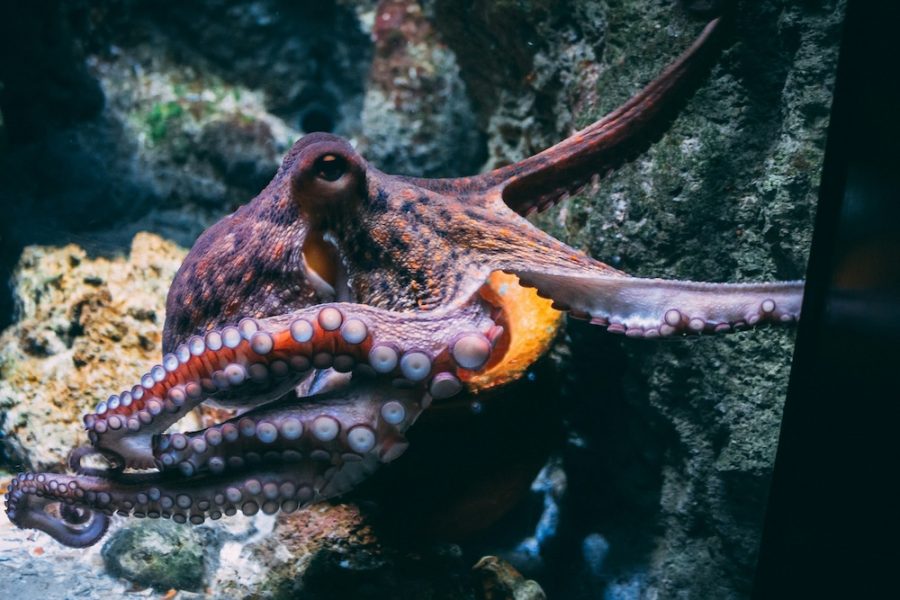New research suggests that octopuses could be blind and struggling to survive by the end of this century, if sea temperatures continue to rise at projected rates.
Vision is incredibly important for the cephalopods, the study’s authors noted. It is their primary means of detecting predators and prey, and plays a vital role in how octopuses communicate with each other.
The study, which was published in the April edition of Global Change Biology, found that thermal stress damaged several proteins important for octopus’ vision.
[See more: Seahorse populations in Brazil are being decimated by trawlers]
“One of them is a structural protein found in high abundance in animal eye lenses to preserve lens transparency and optical clarity, and another is responsible for the regeneration of visual pigments in the photoreceptors of the eyes,” said researcher Qiaz Hua.
“Having impaired vision will affect an octopus’s chances of survival in the wild through increased predator risk as well as lower foraging success,” the PhD graduate from the University of Adelaide’s School of Biological Sciences added.
The study also found that increasing ocean temperatures significantly decreased the hatching of octopus eggs. “Our study shows that even for a highly adaptable taxon [group of organisms] like octopuses, they may not be able to survive future ocean changes,” said Hua.






